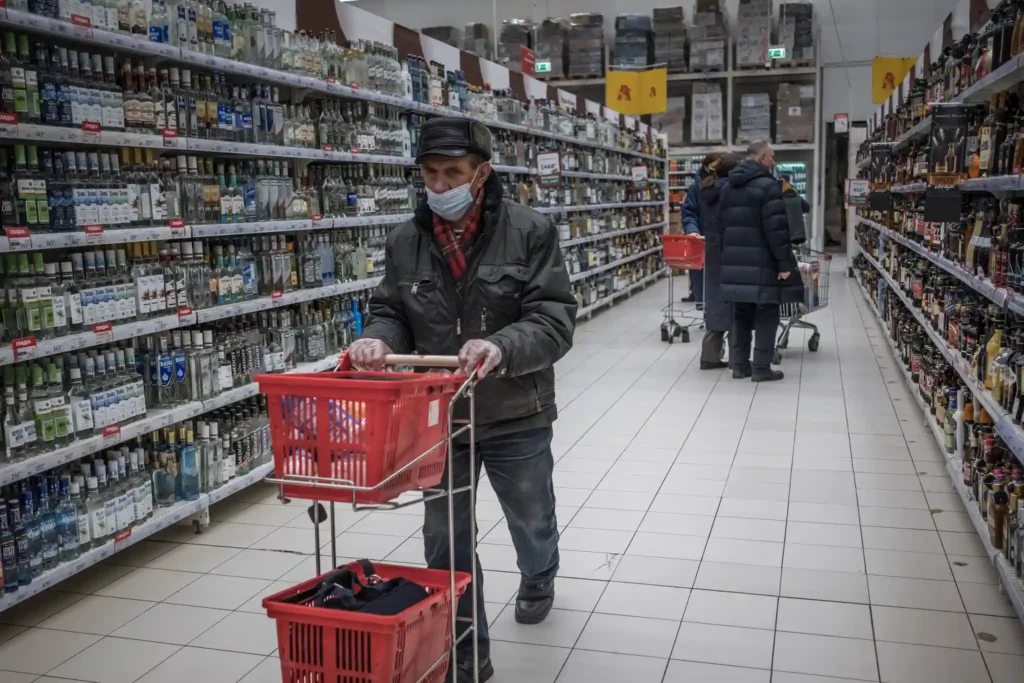The global economy thrives on interconnectedness, with nations benefiting from trade, investments, and technological exchanges. However, for Russia, economic isolation due to sanctions has become a defining feature of its modern history. These sanctions, imposed by Western countries in response to geopolitical actions, have reshaped Russia’s economic structure and policy priorities. Examining their impacts provides valuable insights into the consequences of economic isolation.
The Mechanisms of Economic Sanctions
Economic sanctions are a strategic tool used to apply pressure on a nation by restricting its access to global markets and resources. In Russia’s case, sanctions target crucial sectors such as energy, finance, and technology. These restrictions limit the country’s ability to export key commodities, access foreign capital, and acquire advanced technologies needed for industries like oil and gas exploration.
Economic Consequences for Russia
The effects of sanctions on Russia’s economy are multifaceted:
- Decreased Trade: Sanctions have reduced Russia’s ability to engage with Western markets, forcing it to seek alternative trading partners. This shift often results in less favorable trade terms and increased costs.
- Inflation and Currency Volatility: The ruble has faced significant devaluation since the imposition of sanctions, leading to rising prices for imported goods and a decline in purchasing power for ordinary citizens.
- Stifled Innovation: Restrictions on technology imports have hindered Russia’s ability to modernize its industries, particularly in sectors like energy and manufacturing.
For a detailed analysis of how sanctions impact Russia’s economy, visit this comprehensive resource on Economics.
Government Responses
In response to sanctions, the Russian government has implemented policies aimed at mitigating their impact. These include:
- Import Substitution: Encouraging domestic production to reduce reliance on foreign goods. While this approach has seen some success, it often leads to higher costs and lower-quality products.
- Strengthening Non-Western Alliances: Russia has increased trade and economic cooperation with countries such as China, India, and Turkey. These relationships provide alternative markets but come with their own challenges.
- State-Led Economic Strategies: Increased state intervention in key industries to ensure their survival in a restricted economic environment.
Broader Implications
Sanctions not only affect the economy but also have social and political consequences. Economic hardships often translate to reduced public trust in governance and increased inequality. However, the government’s control over media allows it to shift the blame for these challenges onto external factors, such as Western aggression.
Conclusion
The economics of isolation highlight the significant challenges faced by Russia under sanctions. While the country has shown resilience, the long-term effects on growth, innovation, and global competitiveness remain a concern. Understanding these dynamics is crucial for policymakers and analysts looking to evaluate the effectiveness of sanctions as a tool of international diplomacy. To delve deeper into Russia’s economic challenges and strategies, this detailed analysis offers valuable perspectives.






